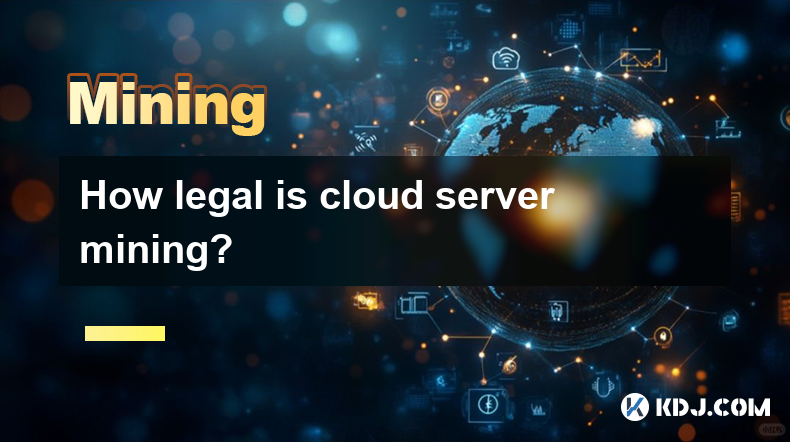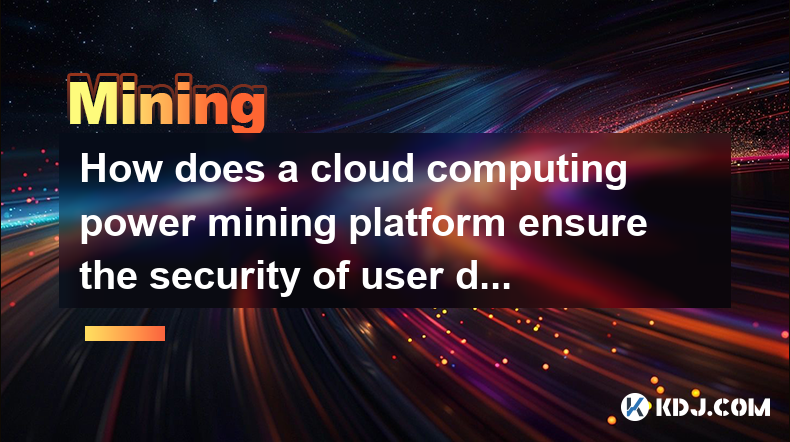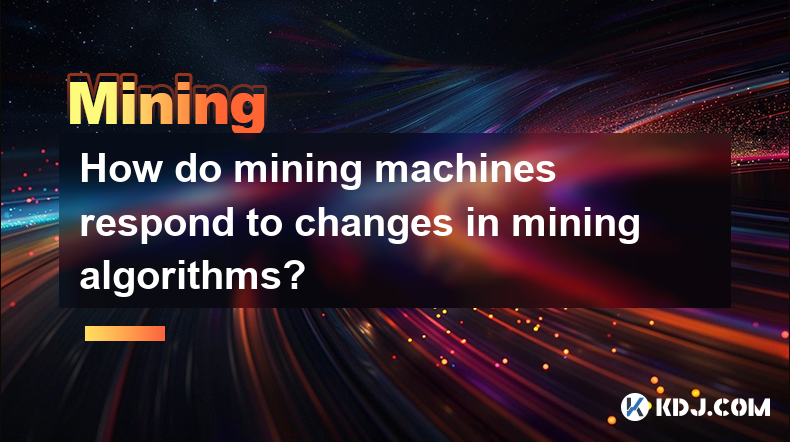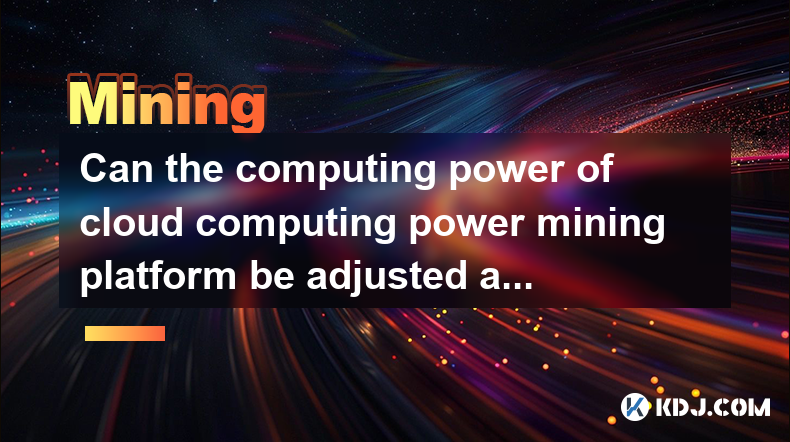-
 Bitcoin
Bitcoin $83,055.9927
-0.47% -
 Ethereum
Ethereum $1,811.3411
-0.84% -
 Tether USDt
Tether USDt $0.9996
-0.02% -
 XRP
XRP $2.0568
-0.29% -
 BNB
BNB $592.3786
-1.07% -
 USDC
USDC $1.0000
0.02% -
 Solana
Solana $115.8401
-3.10% -
 Dogecoin
Dogecoin $0.1622
-2.36% -
 Cardano
Cardano $0.6499
-0.49% -
 TRON
TRON $0.2387
1.14% -
 Toncoin
Toncoin $3.5313
-7.91% -
 UNUS SED LEO
UNUS SED LEO $9.4387
0.79% -
 Chainlink
Chainlink $12.8160
-2.83% -
 Stellar
Stellar $0.2597
-0.92% -
 Avalanche
Avalanche $18.1550
-1.86% -
 Sui
Sui $2.2297
-6.00% -
 Shiba Inu
Shiba Inu $0.0...01216
-1.10% -
 Hedera
Hedera $0.1628
-0.73% -
 Litecoin
Litecoin $83.3180
0.23% -
 Polkadot
Polkadot $4.0186
-0.86% -
 MANTRA
MANTRA $6.3865
0.69% -
 Bitcoin Cash
Bitcoin Cash $302.0680
0.90% -
 Bitget Token
Bitget Token $4.5033
-1.06% -
 Dai
Dai $1.0000
0.01% -
 Ethena USDe
Ethena USDe $0.9995
-0.05% -
 Hyperliquid
Hyperliquid $11.9355
-4.35% -
 Monero
Monero $213.8810
-0.87% -
 Pi
Pi $0.5489
-17.54% -
 Uniswap
Uniswap $5.8524
-1.97% -
 Aptos
Aptos $5.0205
-3.57%
How legal is cloud server mining?
Cloud server mining legality varies by jurisdiction; it's legal in the U.S. and Canada with compliance, but strict in China. Always research local laws and choose reputable providers.
Apr 01, 2025 at 08:08 am

Cloud server mining has become an increasingly popular method for individuals and companies to participate in cryptocurrency mining without the need for expensive hardware and high electricity costs. However, the legality of cloud server mining can be a complex issue, as it varies by jurisdiction and depends on several factors. This article will explore the legal aspects of cloud server mining, including the regulatory environment, potential legal risks, and steps to ensure compliance.
Understanding Cloud Server Mining
Cloud server mining involves renting computing power from a third-party service provider to mine cryptocurrencies. This method allows users to participate in mining without the need to purchase and maintain their own mining hardware. Instead, they pay a fee to the cloud mining service, which uses its servers to mine on behalf of the user. The mined cryptocurrencies are then distributed to the users based on their contract terms.
Regulatory Environment
The regulatory environment for cloud server mining varies significantly across different countries and regions. In some jurisdictions, cloud mining is considered a legitimate business activity, while in others, it may be subject to strict regulations or even banned. For instance, countries like the United States and Canada have relatively permissive regulations, allowing cloud mining operations to function legally as long as they comply with local laws and regulations.
- In the United States, cloud mining is generally legal, but operators must comply with federal and state laws, including those related to securities, money transmission, and anti-money laundering (AML).
- In Canada, cloud mining is also legal, but operators must adhere to regulations set by the Canadian Securities Administrators (CSA) and the Financial Transactions and Reports Analysis Centre of Canada (FINTRAC).
- In contrast, countries like China have imposed strict regulations on cryptocurrency mining, including cloud mining, which has led to the closure of many operations.
Potential Legal Risks
Engaging in cloud server mining can expose individuals and companies to various legal risks. These risks can arise from non-compliance with local regulations, fraudulent activities by cloud mining providers, and potential disputes over contract terms. It is crucial for participants to be aware of these risks and take steps to mitigate them.
- Non-compliance with regulations: Failing to comply with local laws and regulations can result in fines, legal action, and even the shutdown of operations. This includes not adhering to AML and know-your-customer (KYC) requirements, which are critical in many jurisdictions.
- Fraudulent activities: Some cloud mining providers may engage in fraudulent activities, such as Ponzi schemes or failing to deliver promised returns. Participants should thoroughly research and vet any cloud mining service before investing.
- Contract disputes: Disputes over contract terms, such as the duration of the mining contract, the amount of computing power provided, and the distribution of mined cryptocurrencies, can lead to legal action. Clear and enforceable contracts are essential to avoid such disputes.
Steps to Ensure Compliance
To ensure compliance with legal requirements and minimize risks, participants in cloud server mining should take several steps. These steps include conducting thorough research, choosing reputable providers, and maintaining detailed records of all transactions and contracts.
- Conduct thorough research: Before engaging in cloud server mining, research the legal status of cryptocurrency mining in your jurisdiction. Understand the specific regulations that apply to cloud mining and ensure that any chosen provider complies with these regulations.
- Choose reputable providers: Select cloud mining providers that have a proven track record of reliability and compliance with local laws. Look for providers that are transparent about their operations and have positive reviews from other users.
- Maintain detailed records: Keep detailed records of all transactions, contracts, and communications with cloud mining providers. These records can be crucial in the event of a dispute or regulatory audit.
- Consult legal professionals: Consider consulting with legal professionals who specialize in cryptocurrency and blockchain technology. They can provide guidance on compliance with local regulations and help navigate any legal issues that may arise.
Case Studies of Cloud Server Mining Legality
Examining case studies can provide valuable insights into the legal challenges and successes of cloud server mining operations. These case studies highlight the importance of understanding and adhering to local regulations.
- Case Study 1: Genesis Mining: Genesis Mining, one of the largest cloud mining providers, faced legal challenges in the United States due to its classification as a securities offering. The company had to adjust its operations to comply with U.S. securities laws, demonstrating the importance of understanding and adhering to local regulations.
- Case Study 2: Hashflare: Hashflare, another prominent cloud mining service, ceased operations in 2018 amid allegations of fraudulent activities. This case underscores the risks of engaging with providers that may not be transparent or compliant with regulations.
- Case Study 3: Bitmain: Bitmain, a leading manufacturer of mining hardware, faced regulatory scrutiny in China, leading to the closure of its mining operations in the country. This case highlights the impact of strict regulations on cloud mining operations.
The Role of International Regulations
International regulations can also impact the legality of cloud server mining. Organizations like the Financial Action Task Force (FATF) and the International Organization of Securities Commissions (IOSCO) have issued guidelines and recommendations that influence how countries regulate cryptocurrency activities, including cloud mining.
- The FATF has issued recommendations on AML and counter-terrorism financing (CFT) that many countries have adopted, affecting how cloud mining providers must operate to comply with these standards.
- The IOSCO has provided guidance on the regulation of crypto-assets, which can influence the legal framework for cloud mining in various jurisdictions.
Future Trends in Cloud Server Mining Legality
The legal landscape for cloud server mining is likely to evolve as cryptocurrencies become more mainstream and regulatory frameworks adapt to new technologies. Future trends may include increased regulatory clarity, the development of standardized compliance practices, and the emergence of new legal challenges.
- Increased regulatory clarity: As more countries develop specific regulations for cryptocurrency mining, including cloud mining, there may be increased clarity on what is legally permissible and what is not.
- Standardized compliance practices: The development of standardized compliance practices could help cloud mining providers navigate the complex regulatory environment more effectively.
- New legal challenges: As cloud mining technology advances, new legal challenges may arise, such as those related to data privacy, environmental impact, and cross-border operations.
Common Questions Related to the Legality of Cloud Server Mining
Q: Is cloud server mining legal in the United States?
A: Cloud server mining is generally legal in the United States, but operators must comply with federal and state laws, including those related to securities, money transmission, and AML. It is important to research and adhere to these regulations to ensure compliance.
Q: Can cloud mining providers engage in fraudulent activities?
A: Yes, some cloud mining providers may engage in fraudulent activities, such as Ponzi schemes or failing to deliver promised returns. It is crucial to thoroughly research and vet any cloud mining service before investing.
Q: What steps can I take to ensure compliance with local regulations?
A: To ensure compliance, conduct thorough research on the legal status of cloud mining in your jurisdiction, choose reputable providers, maintain detailed records of all transactions and contracts, and consider consulting with legal professionals who specialize in cryptocurrency and blockchain technology.
Q: How do international regulations impact cloud server mining?
A: International regulations, such as those issued by the FATF and IOSCO, can influence how countries regulate cryptocurrency activities, including cloud mining. These guidelines and recommendations can affect the legal framework and compliance requirements for cloud mining providers.
Q: What are some future trends in the legality of cloud server mining?
A: Future trends may include increased regulatory clarity, the development of standardized compliance practices, and the emergence of new legal challenges related to data privacy, environmental impact, and cross-border operations.
Disclaimer:info@kdj.com
The information provided is not trading advice. kdj.com does not assume any responsibility for any investments made based on the information provided in this article. Cryptocurrencies are highly volatile and it is highly recommended that you invest with caution after thorough research!
If you believe that the content used on this website infringes your copyright, please contact us immediately (info@kdj.com) and we will delete it promptly.
- Gold Dips from Record High as Market Turmoil Sparks Profit-Taking
- 2025-04-04 08:35:12
- Factors such as whale accumulation, bullish technical indicators, and market sentiment have contributed to this optimistic outlook.
- 2025-04-04 08:35:12
- With the crypto market entering a new growth cycle in 2025
- 2025-04-04 08:30:11
- EOS Price Defies the Market Crash: +46% in a Week!
- 2025-04-04 08:30:11
- BlockDAG (BDAG) Breaks Records With 2,380% Presale Price Jump, Outpacing Dogecoin (DOGE) and Kaspa (KAS)
- 2025-04-04 08:25:12
- Economic uncertainty and a major crypto exchange hack pushed down the total value locked in DeFi protocols to $156 billion in the first quarter of 2025
- 2025-04-04 08:25:12
Related knowledge

What is the market prospect of CPU mining currency?
Apr 04,2025 at 09:14am
The concept of CPU mining currency has gained traction in the cryptocurrency community due to its accessibility and potential for decentralization. Unlike GPU or ASIC mining, which often requires significant investment in specialized hardware, CPU mining can be performed using standard computer processors. This makes it an attractive option for individu...

How do mining equipment for Dogecoin mining deal with hardware failures?
Apr 03,2025 at 09:15am
Dogecoin mining, like other forms of cryptocurrency mining, relies heavily on specialized hardware to perform the necessary computations to mine new coins. However, as with any technology, mining equipment can encounter hardware failures. This article will explore how mining equipment for Dogecoin mining deals with such failures, covering various aspect...

How does a cloud computing power mining platform ensure the security of user data?
Apr 04,2025 at 01:14am
In the realm of cryptocurrency, cloud computing power mining platforms have emerged as a popular solution for individuals and companies looking to mine digital assets without the need for expensive hardware. However, with the increasing use of these platforms, the security of user data has become a critical concern. This article delves into the various ...

How to tell if mining is still profitable?
Apr 03,2025 at 01:56pm
Determining whether cryptocurrency mining remains profitable involves assessing several key factors. Miners must consider the costs of electricity, the efficiency of their mining hardware, the current market price of the cryptocurrency being mined, and the mining difficulty. Electricity costs can vary significantly by location, and high costs can quickl...

How do mining machines respond to changes in mining algorithms?
Apr 03,2025 at 07:07am
Mining machines are essential components of the cryptocurrency ecosystem, particularly for Proof of Work (PoW) blockchains like Bitcoin. These machines are designed to solve complex mathematical problems to validate transactions and add them to the blockchain. However, the algorithms that govern these mining processes can change, impacting the efficienc...

Can the computing power of cloud computing power mining platform be adjusted at any time?
Apr 03,2025 at 07:28am
Introduction to Cloud Computing Power Mining PlatformsCloud computing power mining platforms have revolutionized the way individuals and organizations participate in cryptocurrency mining. These platforms allow users to rent computing power from a pool of resources, enabling them to mine cryptocurrencies without the need for expensive hardware. A common...

What is the market prospect of CPU mining currency?
Apr 04,2025 at 09:14am
The concept of CPU mining currency has gained traction in the cryptocurrency community due to its accessibility and potential for decentralization. Unlike GPU or ASIC mining, which often requires significant investment in specialized hardware, CPU mining can be performed using standard computer processors. This makes it an attractive option for individu...

How do mining equipment for Dogecoin mining deal with hardware failures?
Apr 03,2025 at 09:15am
Dogecoin mining, like other forms of cryptocurrency mining, relies heavily on specialized hardware to perform the necessary computations to mine new coins. However, as with any technology, mining equipment can encounter hardware failures. This article will explore how mining equipment for Dogecoin mining deals with such failures, covering various aspect...

How does a cloud computing power mining platform ensure the security of user data?
Apr 04,2025 at 01:14am
In the realm of cryptocurrency, cloud computing power mining platforms have emerged as a popular solution for individuals and companies looking to mine digital assets without the need for expensive hardware. However, with the increasing use of these platforms, the security of user data has become a critical concern. This article delves into the various ...

How to tell if mining is still profitable?
Apr 03,2025 at 01:56pm
Determining whether cryptocurrency mining remains profitable involves assessing several key factors. Miners must consider the costs of electricity, the efficiency of their mining hardware, the current market price of the cryptocurrency being mined, and the mining difficulty. Electricity costs can vary significantly by location, and high costs can quickl...

How do mining machines respond to changes in mining algorithms?
Apr 03,2025 at 07:07am
Mining machines are essential components of the cryptocurrency ecosystem, particularly for Proof of Work (PoW) blockchains like Bitcoin. These machines are designed to solve complex mathematical problems to validate transactions and add them to the blockchain. However, the algorithms that govern these mining processes can change, impacting the efficienc...

Can the computing power of cloud computing power mining platform be adjusted at any time?
Apr 03,2025 at 07:28am
Introduction to Cloud Computing Power Mining PlatformsCloud computing power mining platforms have revolutionized the way individuals and organizations participate in cryptocurrency mining. These platforms allow users to rent computing power from a pool of resources, enabling them to mine cryptocurrencies without the need for expensive hardware. A common...
See all articles






















































































